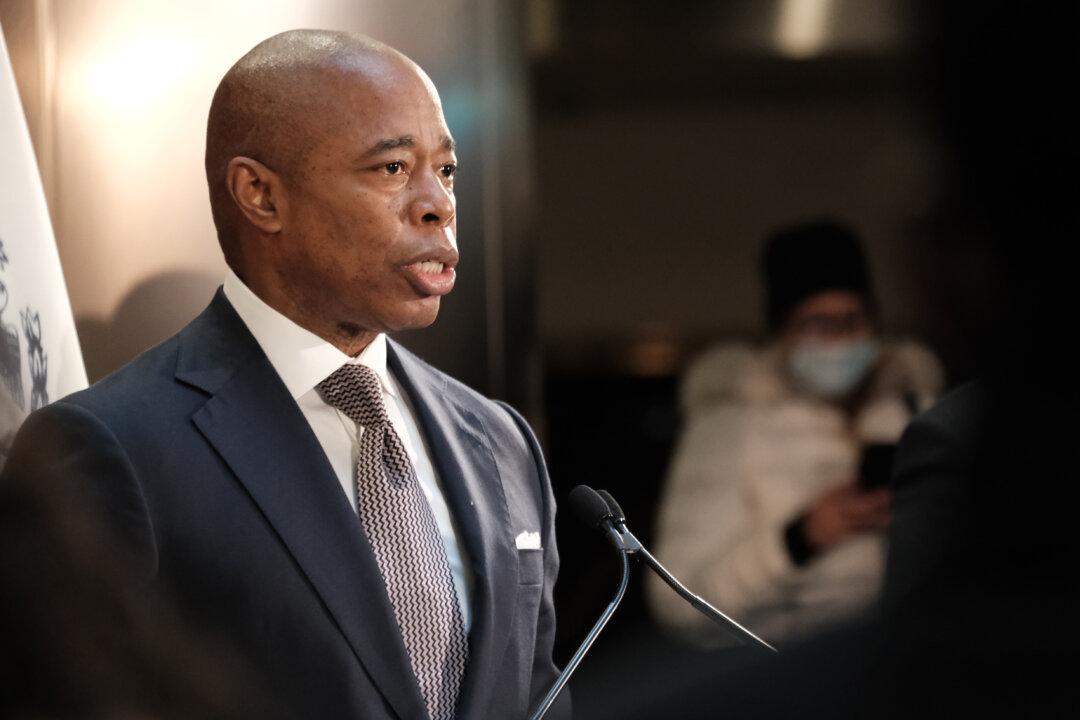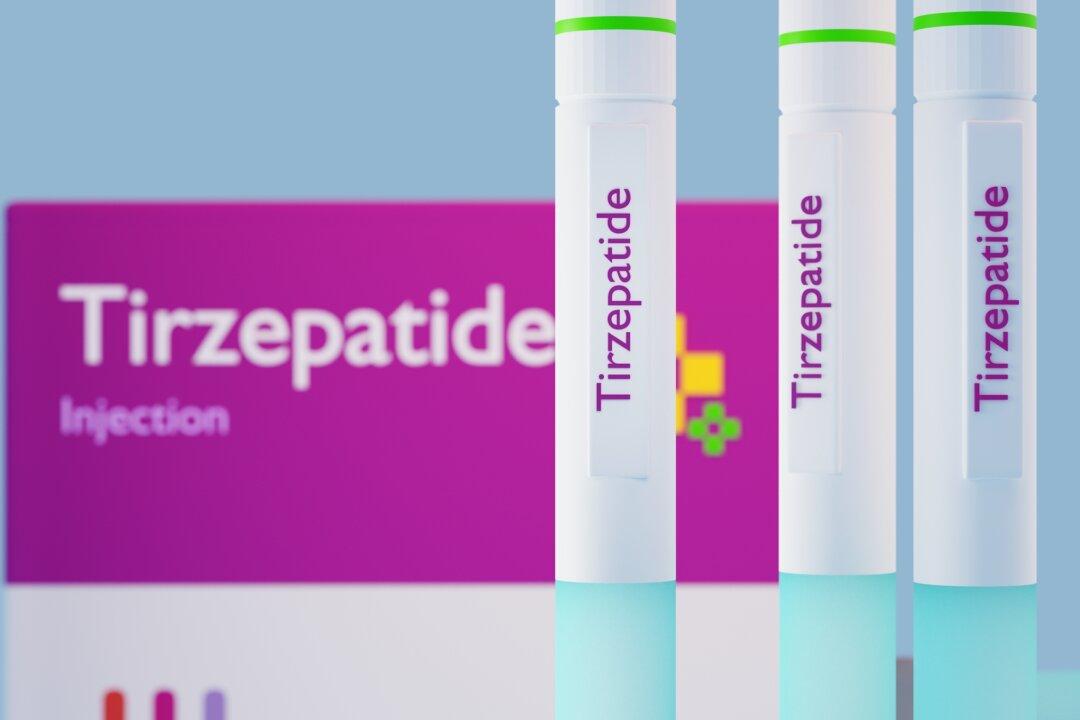New York City Mayor Eric Adams allowed a measure to become law on Jan. 9 making about 800,000 noncitizens in the city eligible to vote in municipal elections.
“I believe that New Yorkers should have a say in their government, which is why I have and will continue to support this important legislation,” Adams said in a statement. “I believe allowing the legislation to be enacted is by far the best choice, and look forward to bringing millions more into the democratic process.”





